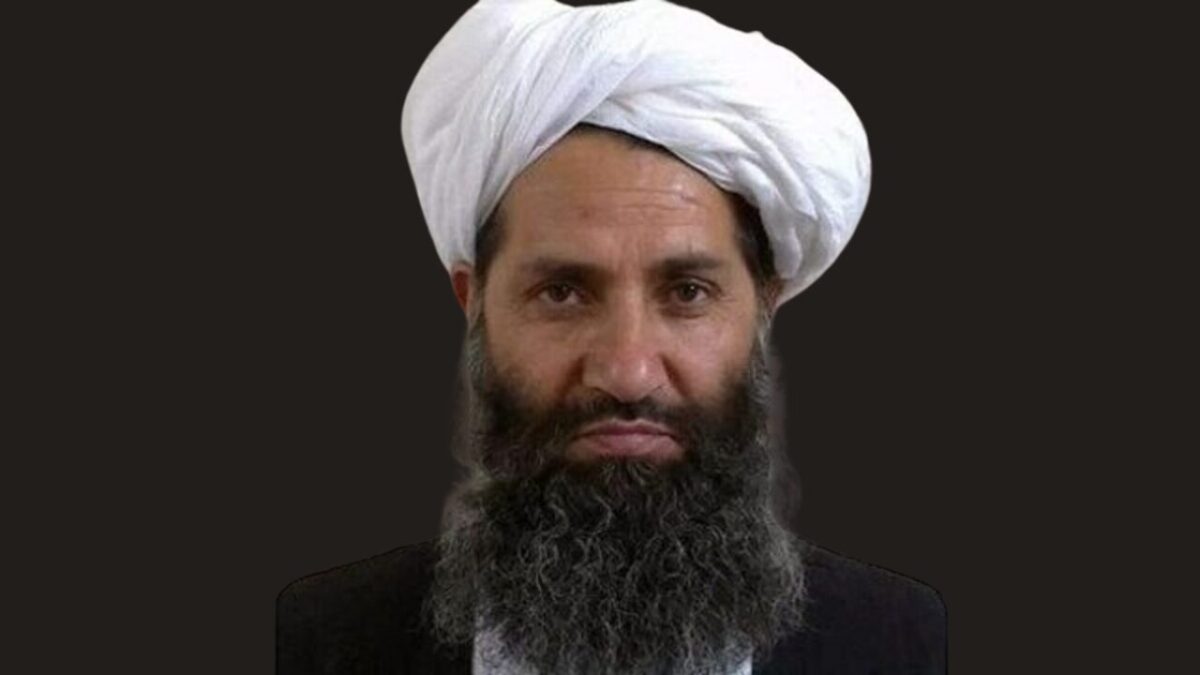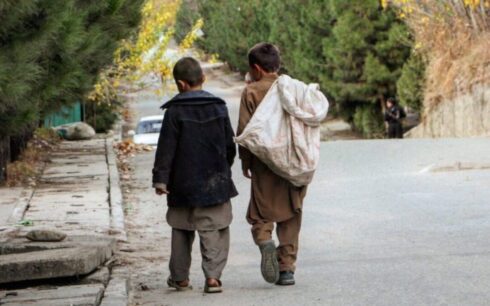Taliban leader Hibatullah Akhundzada confirmed that prisoners have been killed in Taliban-controlled prisons, according to an audio recording aired by the Taliban’s state-run television.
Speaking during a visit to Kunduz province, Akhundzada acknowledged reports of prisoner deaths and said those responsible had been removed from their positions.
“I received reports that some prisoners were killed without a court ruling,” Akhundzada said in the recording. “The perpetrators of these incidents have now been dismissed.”
The speech, which was made public two weeks after his visit to Kunduz, comes amid growing concerns over the treatment of detainees in Taliban prisons.
Thousands in Taliban custody
According to available data from the Taliban, approximately 23,000 individuals are currently held in Taliban prisons, with between 1,000 and 1,100 prisoners facing execution. Of those, around 600 to 700 are awaiting execution, and another 400 are sentenced to Qisas or execution.
In total, 11,000 prisoners have been formally sentenced by the Taliban, while 12,000 remain in detention without a conviction. Among the imprisoned are roughly 1,000 women.
Allegations of abuse
Accounts of harsh treatment in Taliban prisons continue to surface.
Roqia Saei, a former prisoner, spoke out about her experience, saying, “The Taliban carry out violent and inhumane practices against prisoners. Their treatment of political detainees is particularly brutal, and there are even instances of sexual abuse against women.”
Akhundzada, in another part of his speech, reiterated his hardline stance on enforcing Sharia law, specifically targeting women and girls. He described women’s faces and voices as “temptations” and stressed the need to fully implement Islamic law in Afghanistan.
“The faces of women and girls are a source of temptation, but the youth, influenced by 20 years of American presence, do not understand this,” he said.
Backlash over comments on women
Akhundzada’s remarks have drawn condemnation from Afghan citizens and human rights activists, who see his comments as deeply insulting to women and girls. Activists have urged the Taliban to address the real concerns of Afghan women rather than imposing further restrictions on their freedoms.
This is not the first time the Taliban’s human rights record has come under scrutiny. The United Nations has previously voiced serious concerns over human rights abuses in Taliban-run prisons, including the treatment of political prisoners. The group’s hardline policies, including the recently introduced “Law on the Promotion of Virtue and Prevention of Vice,” have faced widespread global criticism.
At the 79th U.N. General Assembly, representatives from several countries, including U.N. Secretary-General António Guterres, condemned the Taliban’s treatment of women as misogynistic and in violation of basic human rights.





